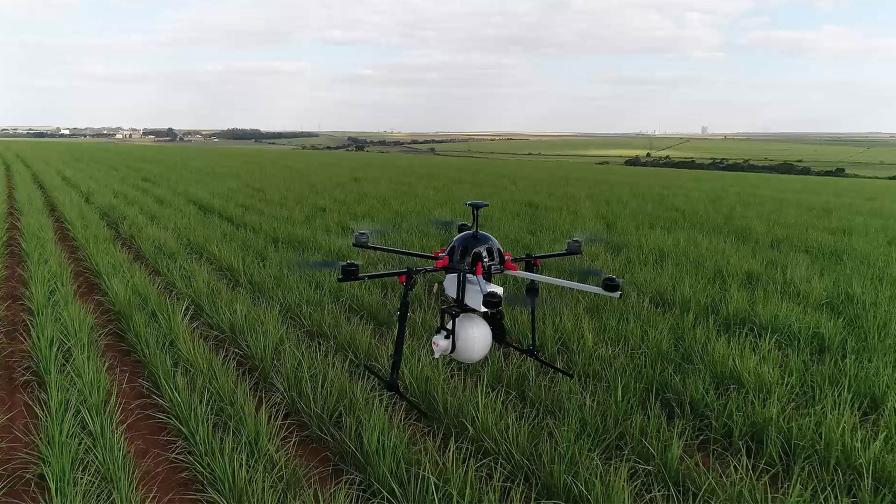GM Moves Beyond Resistance
In recent years, crop scientists have been producing major breakthroughs in genetically modified (GM) seeds — products resistant to pests, disease and herbicides, or tolerant to cold or drought. While these yield-increasing products are continually being refined, researchers are now developing GM products focused on dietary requirements.
Fish Soy?
Currently undergoing regulatory approval is Monsanto’s first biotech product with a direct consumer dietary benefit: SDA (Stearidonic acid) omega-3 soybeans. Farmers Weekly describes the new soy product as “a land-based source of SDA that converts to the heart-healthy omega-3 fatty acid found in fish oil” — a boon to consumers who can’t or won’t eat fish, particularly as more omega-3-containing fish like tuna and salmon are found to harbor high levels of mercury. The soy could also benefit vegans and vegetarians, as well as people in regions where fresh seafood is not readily available.
Last year the US Food and Drug Administration issued a “Generally Recognized As Safe” notice, which allows food companies to formulate and test the oil from the omega-3 soybeans in a variety of foods.
Gluten-Free Wheat
US researchers say celiac disease, an immune system reaction to gluten in the diet, is more than four times more common today than it was 50 years ago, according to UPI. The digestive condition, which damages the small intestine and can cause malnutrition, is triggered by protein gluten found in barley, rye and wheat. Gliadins in the grains cannot be digested by individuals with celiac disease. With no cure, celiac disease sufferers must adopt a gluten-free diet, eliminating all sources of gliandins, such as beer, barley, rye, and wheat-based foods — as well as non-food items that use the gliandins as a filler, such as medicines, vitamins, and the adhesive on stamps and envelopes.
Dr. Diter von Wettstein, R.A. Nilan Distinguished Professor in the Department of Crop and Soil Sciences and the School of Molecular Biosciences at Washington State University, US, and his team have partnered with the Seattle-based biotechnology company Arcadia Biosciences to advance research to develop gluten-free wheat varieties.
Funded by nearly US $2 million in grants from the National Institute of Health and Washington’s Life Sciences Discovery Fund in 2008 and 2009, von Wettstein and his team have identified a fully viable, lysine-rich barley mutant that lacks the celiac-causing gliadins and low-molecular glutenins, reports Food Safety News. Von Wettstein’s research is directed towards producing a similar wheat grain while preserving wheat’s baking qualities. The resulting grain will also contain more lysine, an amino acid essential for an optimal diet that is usually deficient in wheat.
“Creating new cultivars of wheat, arguably the most important crop grown, having increased lysine and lacking gliadins will be of tremendous benefit not only for sufferers of celiac disease, but for all consumers of wheat and wheat products,” said von Wettstein.






